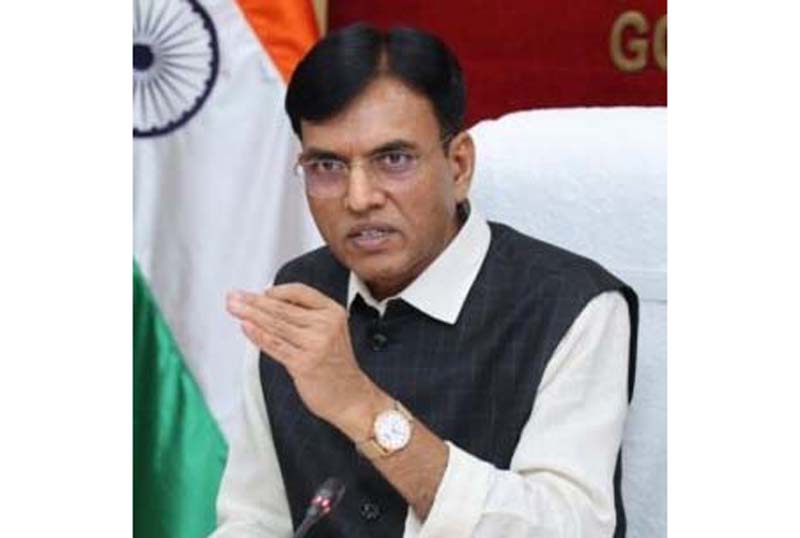NEW DELHI, June 20: Asserting that India follows a zero-tolerance policy on spurious medicines, Union Health Minister Mansukh Mandaviya has said 71 companies have been issued show-cause notices following concerns raised in some quarters about reported deaths due to contaminated India-made cough syrups and 18 of them have been asked to shut shop.
In an exclusive interview with PTI video, the minister also said an extensive risk-based analysis is done continuously to ensure the production of quality medicines in the country, and the government and regulators are always alert to ensure that no one dies due to spurious medicines.
“We are the pharmacy of the world and we want to assure everyone that we are the ‘quality pharmacy of the world’,” he said.
In February, Tamil Nadu-based Global Pharma Healthcare recalled its entire lot of eye drops. Before that, India-made cough syrups were allegedly linked to the deaths of 66 and 18 children in Gambia and Uzbekistan, respectively, last year.
India exported cough syrups worth USD 17.6 billion in 2022-23 as against USD 17 billion in 2021-22. Overall, India is the largest provider of generic drugs globally, supplying over 50 per cent of global demand for various vaccines, about 40 per cent of generic demand in the US and about 25 per cent of all medicines in the UK.
“We need to get into facts whenever some questions are raised about Indian medicines. For example in Gambia, it was said that 49 children have died. Someone at WHO had said it and we wrote to them asking what the facts are. No one got back to us with the facts,” Mandaviya said.
He said, “We checked the samples of one company. We tried to find out the cause of death and we found that the child had diarrhea. If a child had diarrhea, who recommended cough syrup for that child?”
The minister further said that a total of 24 samples were taken, of which four failed.
“The question is if there was just one batch made for exports and if that fails, all samples would fail. It is not possible that 20 samples are passed and four samples fail. Still, we are alert. We are continuing doing risk-based analysis to ensure the production of quality medicines in our country,” he said. (PTI)
Trending Now
E-Paper


